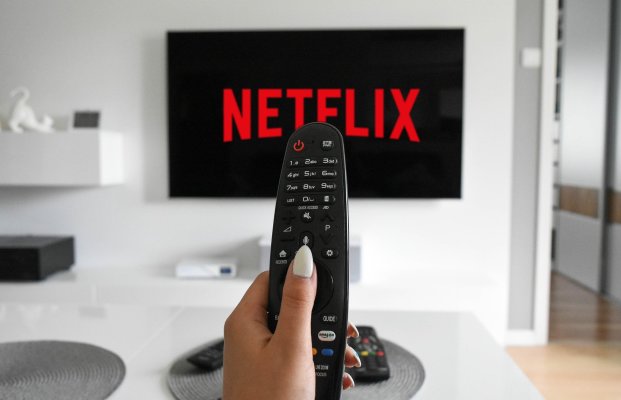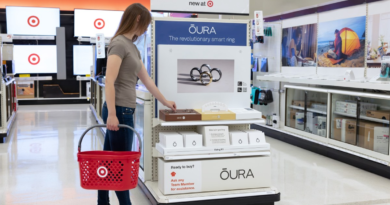How technology unlocks business models: The story of Netflix
DVDs replacing VHS was just the beginning

“Usually the best way to figure out if your crazy idea is any good is simply to try it. So that’s what we did,” Marc Randolph, Netflix’s co-founder and original CEO,
That crazy idea was to send a CD through the mail to learn whether the concept of a mail-order DVD subscription service was practical. The CD, sent by USPS in a greeting card envelope, arrived safely the next day. The proof of operating concept for Netflix was confirmed.
This week, 16 years after its reinvention as a streaming company, Netflix announced that it’s shuttering its mail-order DVDs business. But how did it go from sending that one CD to becoming the juggernaut that it is today? Let’s take a look.
“All I knew was that I wanted to start my own company and sell things on the internet. That was it,” Randolph wrote on Twitter.
Reed Hastings met Marc Randolph when they ended up working together at Pure Software after an acquisition. That resulted in them sharing an office and a car ride to and from work each day. Ready for a new challenge, Hastings and Randolph began to bounce ideas for new companies off of each other.
DVDs had barely been invented yet. In fact, when the Netflix founders went looking for one to try shipping it in the mail, they couldn’t find anywhere to buy one.
The ideas were many and varied and included personalized shampoo (!), personalized dog food (!!) and selling vitamins online. All of these products now exist, but at the time the duo dismissed them as not being feasible.
Another idea that wasn’t feasible was taking on Blockbuster by shipping VHS tapes, which were too big and bulky to be shipped via regular mail, and FedEx was going to eat into the profit margins something awful. Then something happened: Digital versatile discs, or DVDs, came along. They were much smaller and thinner than their VHS counterparts, and this technology innovation unlocked a new form of video rentals. Incidentally, once the internet became fast and ubiquitous enough, streaming would become possible, too, giving birth to the Netflix we know today, but I’m getting slightly ahead of myself.




